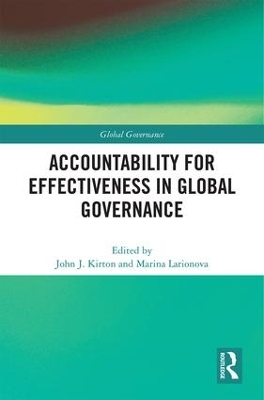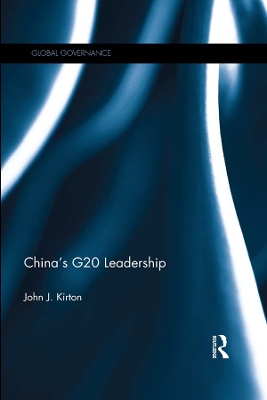Global Governance
2 total works
Accountability for Effectiveness in Global Governance
by Professor John J. Kirton and Marina Larionova
The global community confronts a comprehensive and interconnected array of compelling economic, development and security challenges which require effective global governance. At the centre of world governance stand the new plurilateral summit institutions; the G8 and G20, and UN summits on subjects such as sustainable development and climate change. Many observers and participants regard the performance of these summits as inadequate and doubt their ability to cope with increasingly complex and numerous global challenges.
This book critically examines how effectively central global institutions comply with their commitments and how their effectiveness can be improved through accountability measures designed to raise compliance and deliver better results.
Expert contributors assess compliance and accountability at the key global institutions to provide an important resource for policymakers and scholars in political science, governance and accountability.
For additional information and data relating to the book, please visit: http://www.g7g20.utoronto.ca/accountability/

